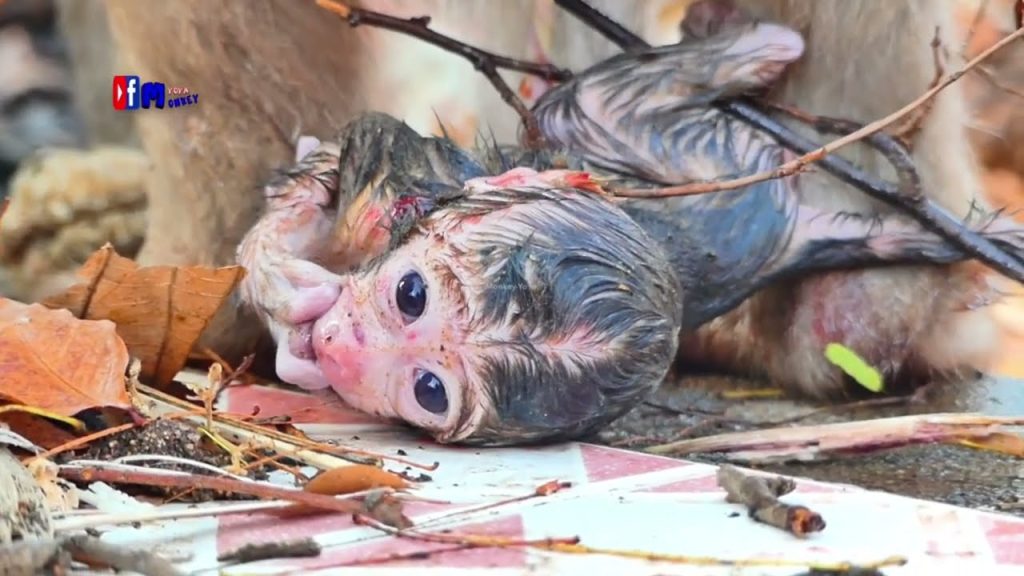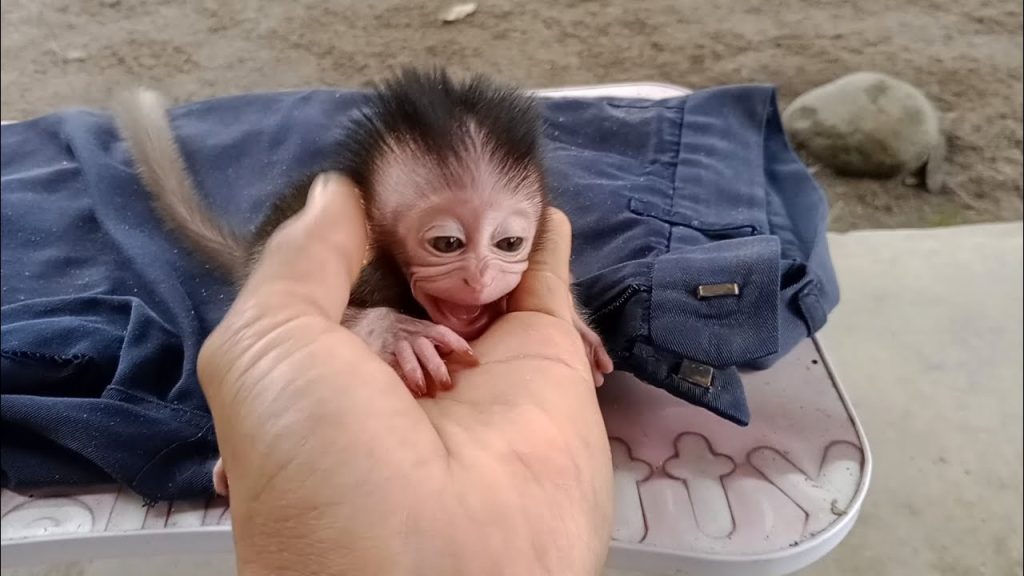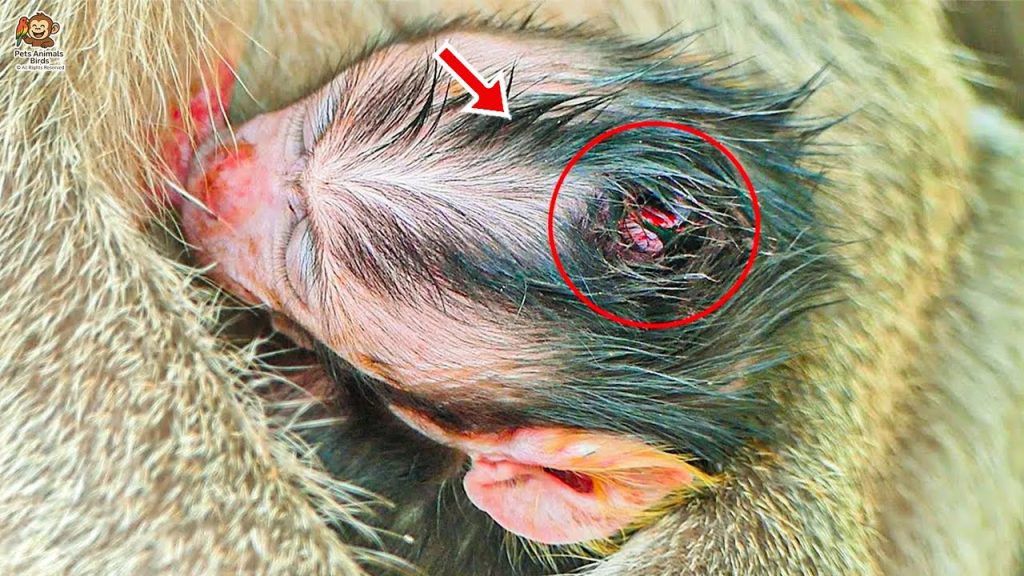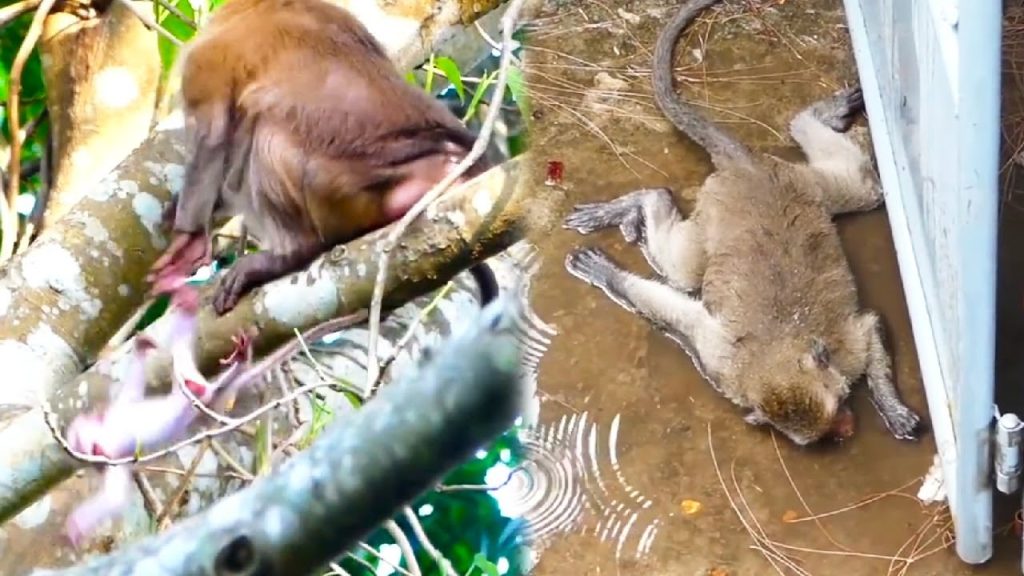
In the heart of the monkey troop, baby cries echoed softly—coming from a tiny, helpless infant who only wanted warmth and care. That baby belonged to Rozy, a mother who seemed distant, overwhelmed, and unsure.
Rozy didn’t show the tender care many expect from a mother. She often pulled away when her baby tried to nurse. At times, she left the infant alone, cold, and vulnerable. Observers couldn’t help but ask: Why? Why doesn’t she hold her baby close?
But calling Rozy a “bad mom” doesn’t tell the full story.
In the wild—or even in sanctuaries—some mother monkeys struggle. They may be first-time moms, too young to understand how to care for a baby. They may have suffered past trauma themselves. They may be malnourished, stressed by troop conflict, or simply exhausted.
Whatever the reason, the result is the same: the baby suffers.
The little one cries, crawls, and reaches for Rozy, hoping she will finally respond with love. And sometimes she does—briefly holding, gently touching—but those moments are fleeting.
Nearby caregivers or kind surrogate monkeys often step in to help. They offer warmth, safety, and even milk to the baby when Rozy cannot.
Rozy’s struggle is heartbreaking, but it’s also a reminder: motherhood—whether in humans or animals—isn’t always easy. And when a mother cannot fully provide, it’s compassion and care from others that make the difference.


